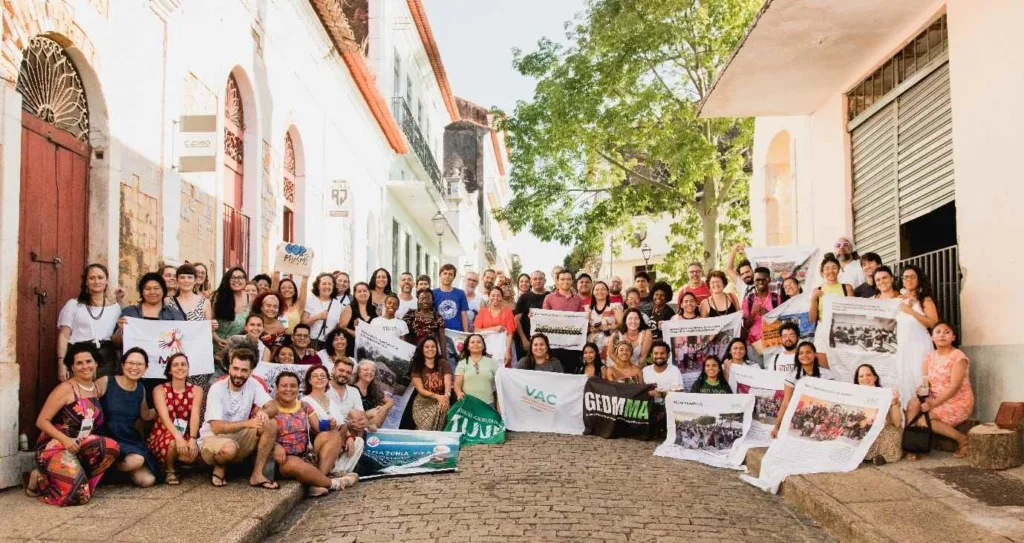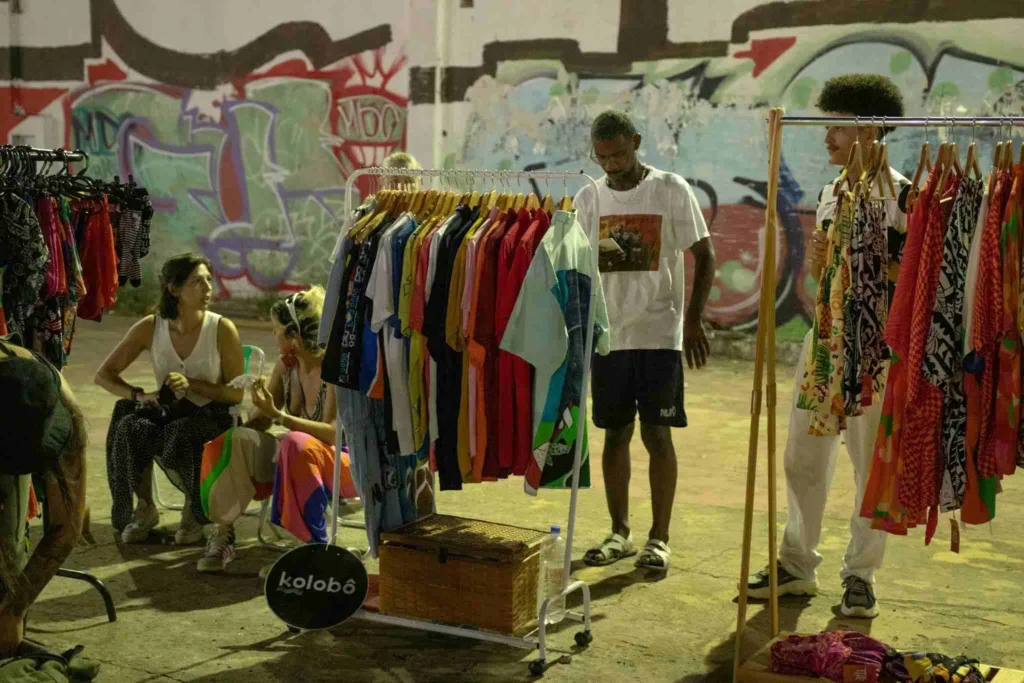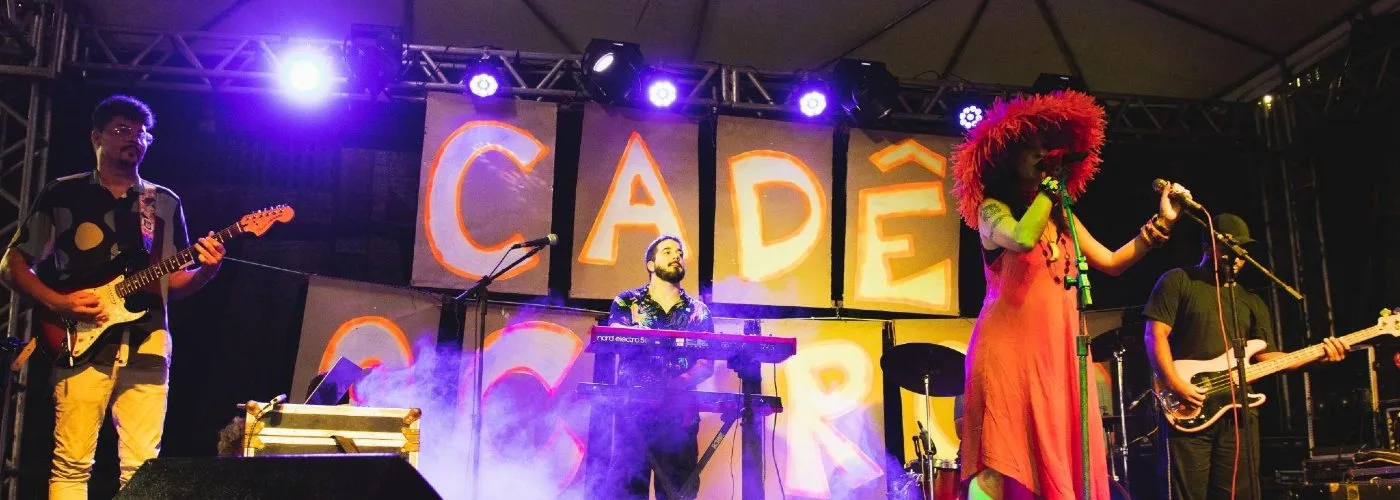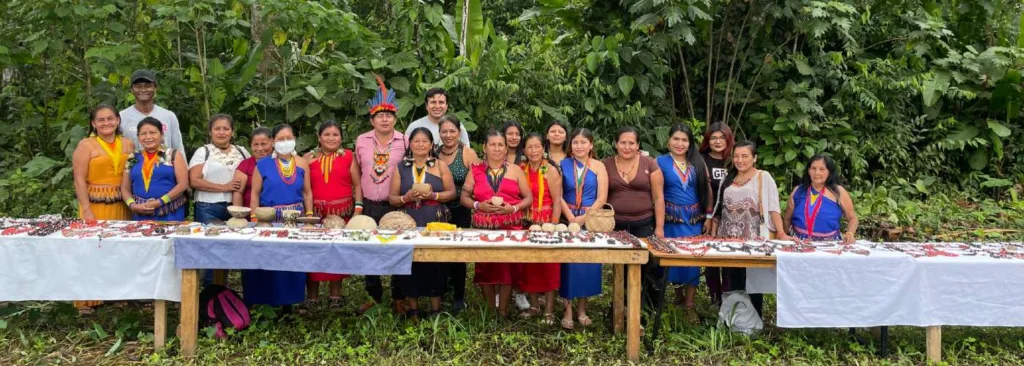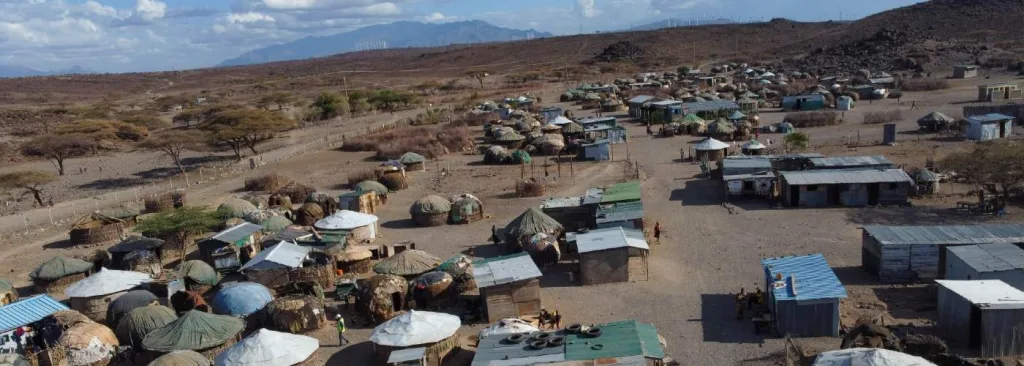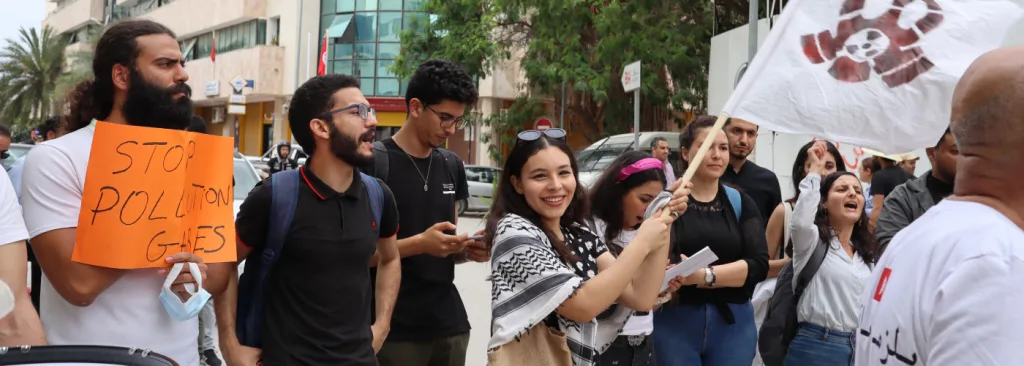Art, feminism and climate justice in Brazil
November 2, 2023
Last month Hivos and its Voices for Just Climate Action (VCA) partners organized a climate festival in São Luís do Maranhão, bordering the Amazon rainforest. Over a hundred people gathered to discuss climate justice, inclusive climate policy, and how art can be used for climate activism. Alongside panel discussions, the festival hosted a variety of music, art and other cultural performances.
Climate justice across the Atlantic
“This is the first time I find myself in Brazil talking about the effects of climate change on African women,” joked Sarah Okello. Sarah is based in Uganda and works with feminist organization Akina Mama wa Afrika, Hivos’ partner in the VCA network. During one of the festival’s panel discussions she reflected on how her own experiences across the Atlantic overlap with climate justice issues in Brazil.
“As a woman, I believe the climate crisis is a social problem. Spending time here has opened my eyes to the fact that experiences of climate justice in Africa are similar to those in Brazil,” Sarah said. Both Uganda and Brazil suffer proportionally more from the effects of climate change than the historic polluters in the West. Yet, they have relatively little influence on international climate policy.
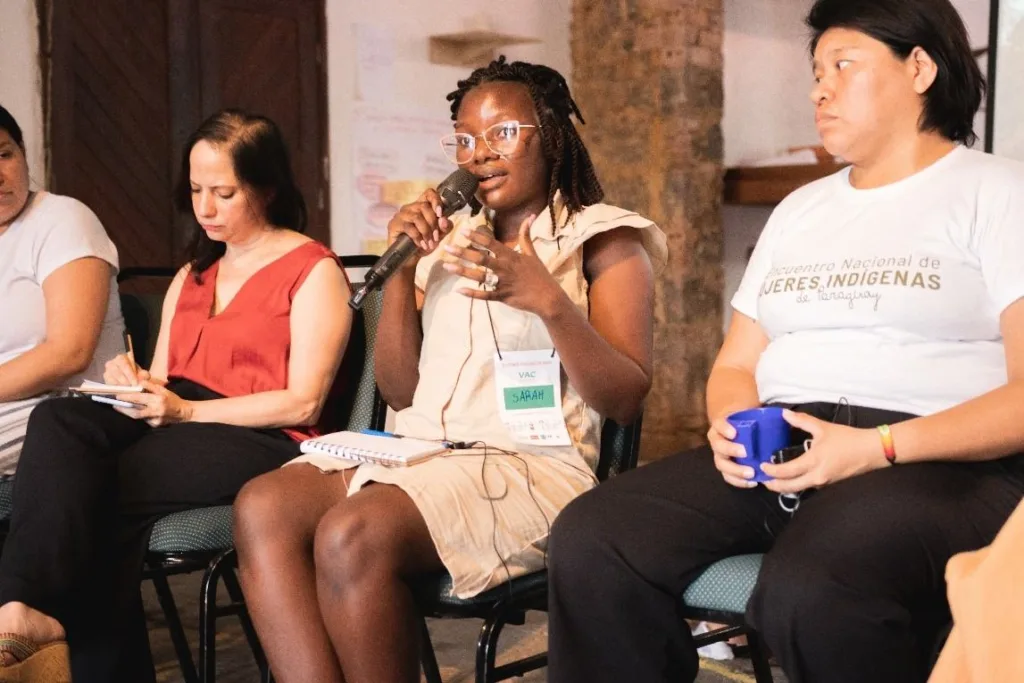
Women get the shorter end of the stick
Ugandan and Brazilian women get the shorter end of the stick, since climate change aggravates existing inequalities, including gender inequalities. This needs to change, said Hivos’ Paula Moreira, who was on the same panel. “We need more young women from the Global South to attend international climate change negotiations. Only then can we transform the existing system of patriarchy and decolonize international decision-making.”
To this end, Akina Mama wa Afrika and Hivos are working towards a south-south collaboration to train women in political leadership, economic justice and reproductive rights.
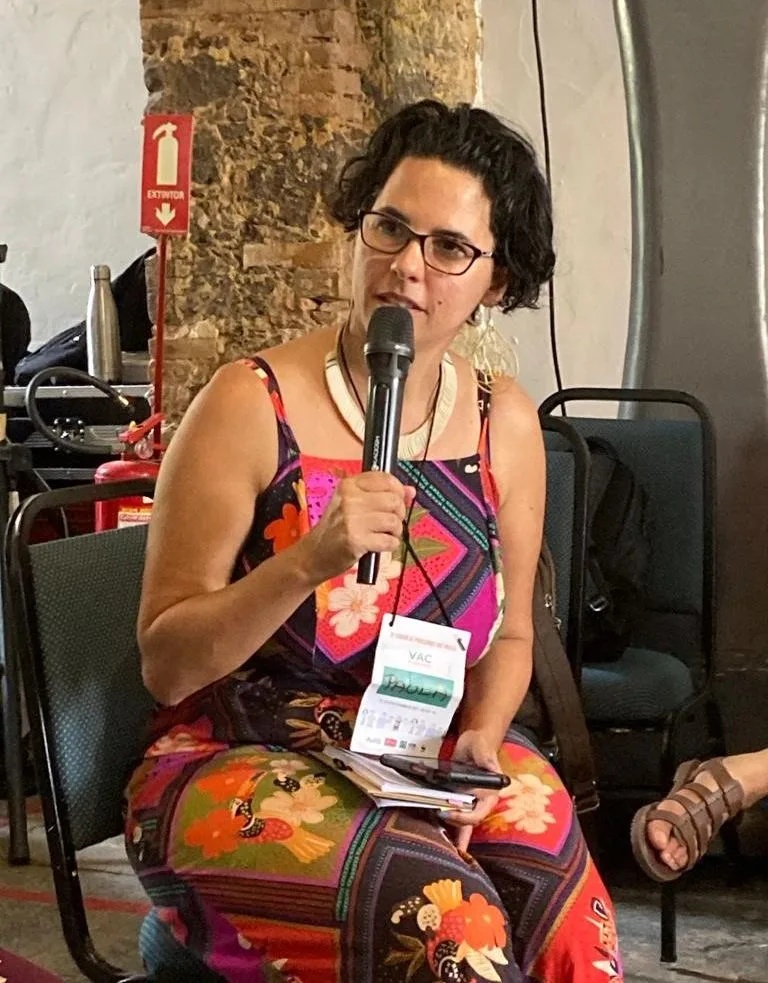
Artivism for climate justice
São Luís is a city rich in culture, and local artists used their work to stir debate about what climate justice and inclusive climate action means. Tribo de Jah, a local band whose songs have millions of plays on online streaming platforms, was also there.
A classic example of climate action plans that hurt rather than benefit local communities made using art to advocate for climate justice only more relevant. In 2012, a Light Rail Vehicle (VLT) system had been promised for São Luís to improve urban mobility. The city’s cultural center was demolished to make way for it, only for the rail way never to be built.
